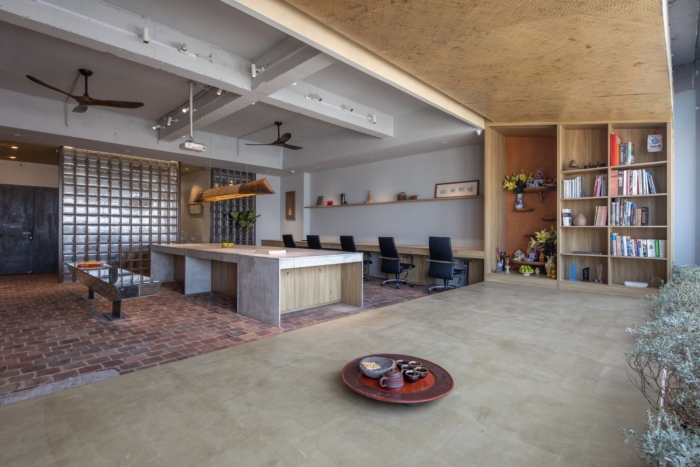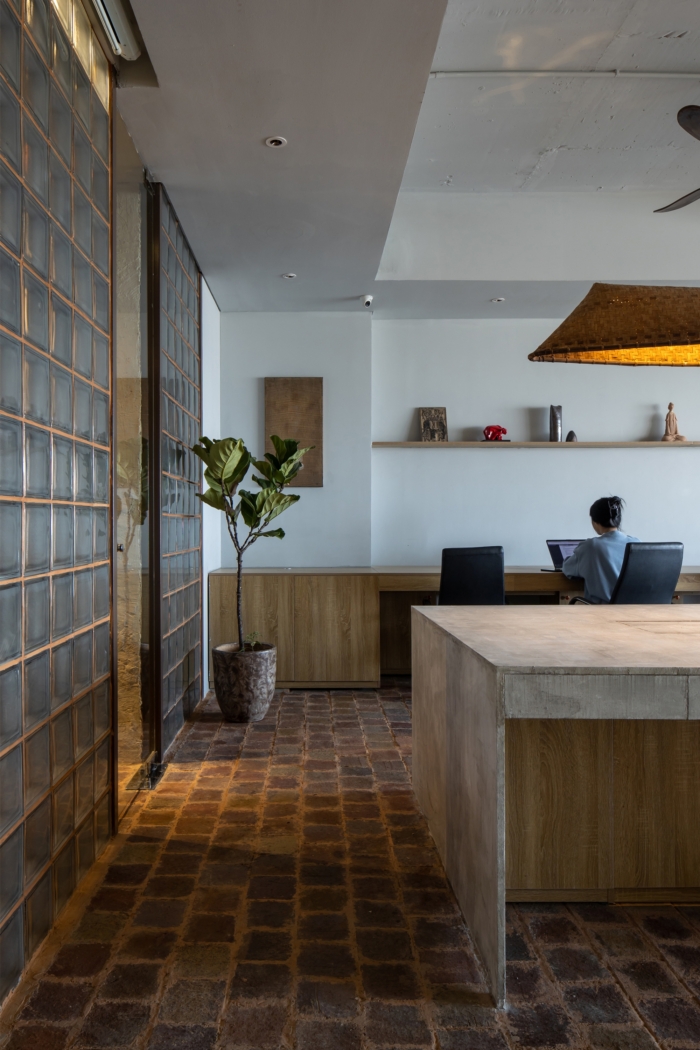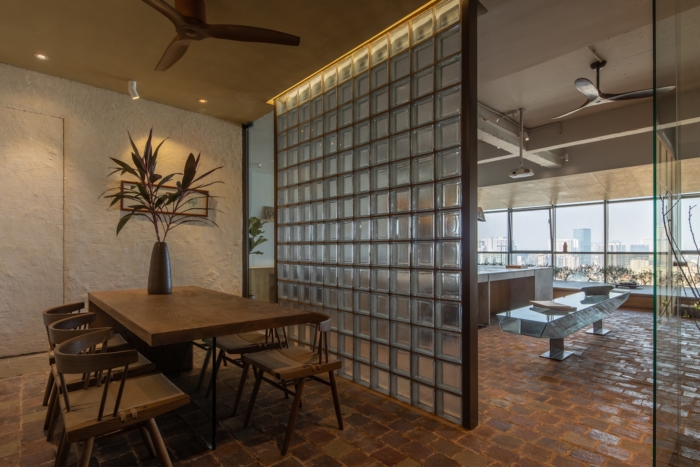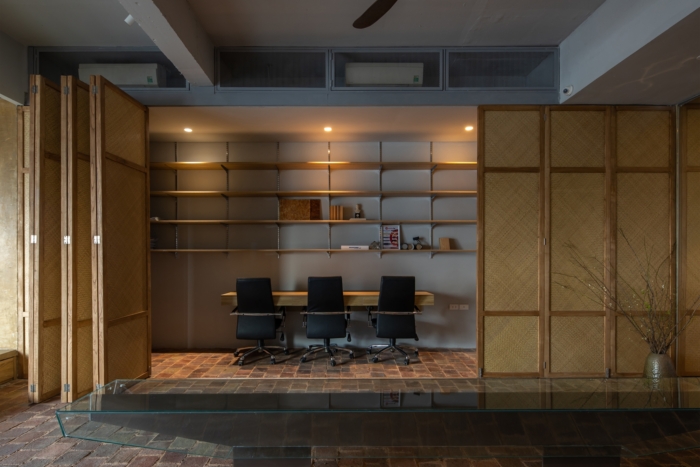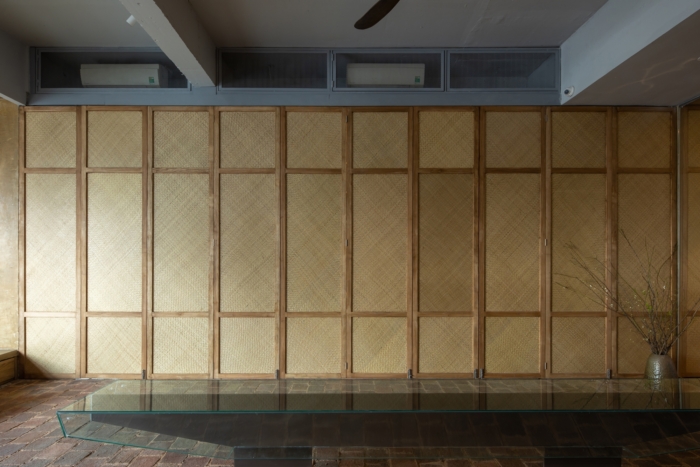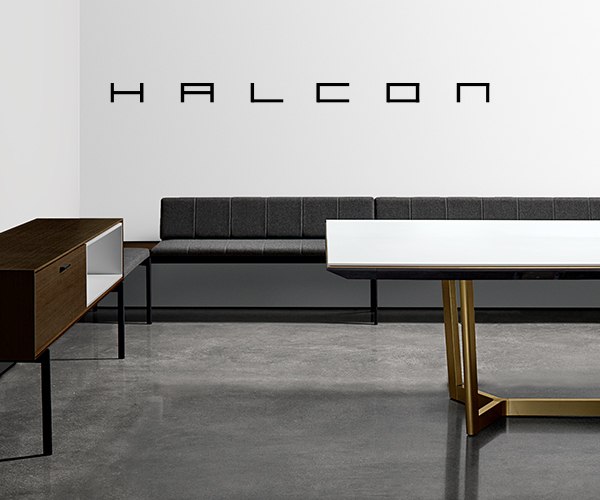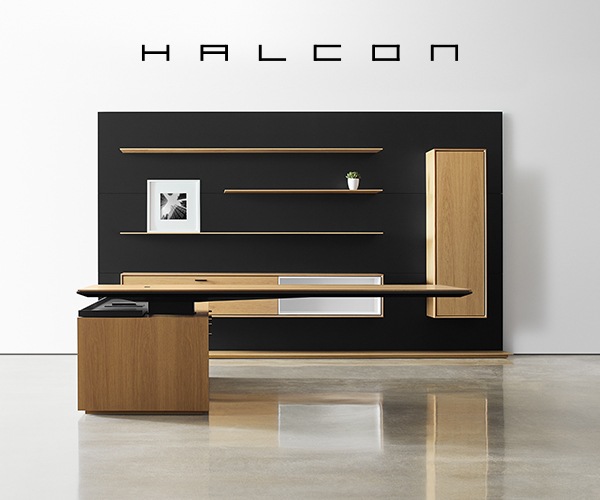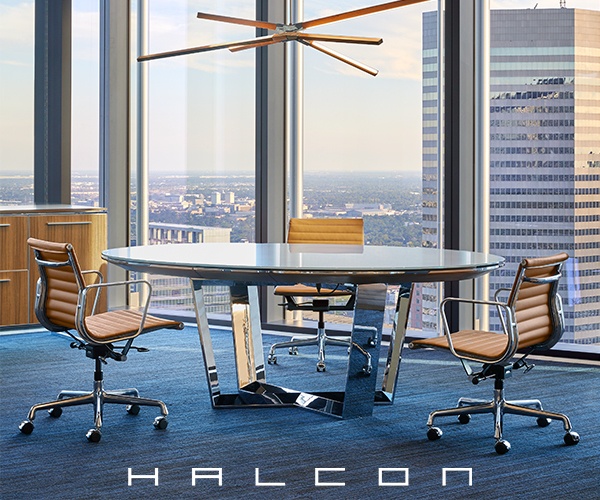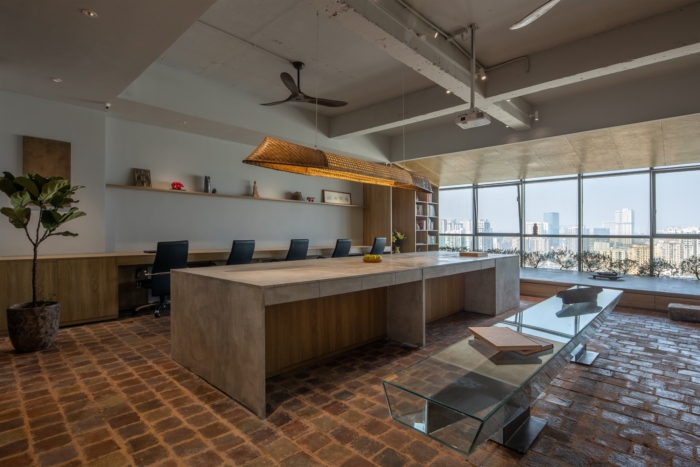
AfA Design Offices – Hanoi
AfA Design completed a space for their offices to honor their brand and the city of Hanoi, Vietnam.
As a compact city, Hanoi is in the process of strong construction. Along with that process, thousands of high-rise skyscrapers are rising that result in the development of the working environment. Overall, there are thousands of companies and millions of workers facing limited working space and they have to work in an environment without trees and natural light.
The project is located on the 20th floor of a modest office building. We spend a part of the area for green space but still meet all the functions in the working environment. This office limits the use of hard walls and gives priority to the application of soft walls such as glass tiles and folding doors to help the space be well connected and flexible. On one hand, the room can be opened and closed to serve different functions. On the other hand, this design helps to receive natural light from the outside and transition smoothly in the office space. With this environment, we can obviously feel the spatial change through the ceiling cote and the use of materials. Furthermore, workers can feel each other from every position in the room.
Due to the fact that the main light direction of this office is from Northwest, the heat radiation will be very huge in the summer. As a consequence, human health will be affected directly and this also causes energy consumption. Inspired by the traditional roof with the ability to block the sun and easily catch the wind. A sloping roof system is designed in the space adjacent to the window, the background cote is raised and the light is fully utilized in order to nourish the tree. This space really becomes a relaxing eaves for people with the fabulous view of the city and enjoying the beauty of nature. It is also a buffer between the working space and the outside environment.
Rapid urbanization also led to the disappearance of many craft villages. With the orientation of putting contemporary architecture and traditional values together, we wish to preserve and promote the folklore traditional identity. Local materials from the suburban craft villages such as ceramic bricks, “dó” paper, woven bamboo, pressed papyrus have been used, researched and improved for practical application in design.
Many problems still exist in modern day offices. The strong development of the economy has led to a huge amount of work, making it easy for workers to fall into a state of pressure and stress. Therefore, many offices are trying to seek an equilibrium. Architecture cannot decide but can contribute to that process. In conclusion, AfA Office not only solves the problem of contemporary workspaces but also contributes to encouraging, promoting and preserving national cultural identity.
Design: AfA Design
Lead Architects: Nguyen Van Sinh, Pham Ngoc Son
Photography: Hoang Le
